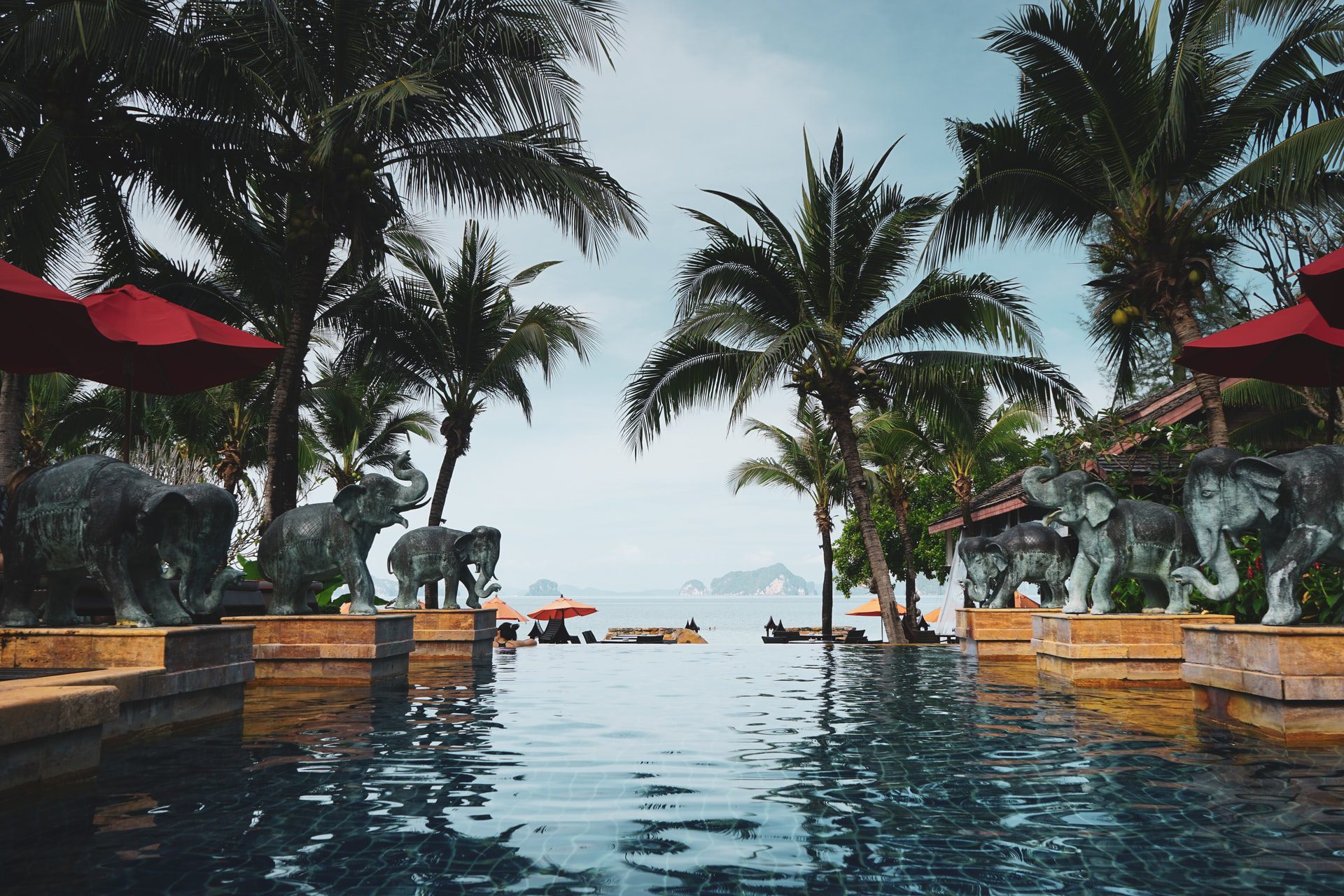Skift Take
Some green shoots of recovery, as well as a reminder that many destinations will be subject to new booking trends and patterns as they reopen.
Thailand was among the first countries in Asia to reopen for foreign arrivals, and it is seeing a slow recovery, including new hotels touting longer stays for individual travellers.
In the first 10 months of 2021, Thailand saw 106,117 foreign tourists, a drop from 6.7 million in 2020. Before the pandemic, Thailand saw about 40 million visitors a year.
Hospitality firms like Asset World Corporation Pcl, which opened its 19th property this month, saw the majority of its bookings come from Western countries and the Middle East.
“About 70 percent of total bookings came from Europe, including Germany, UK, Scandinavian countries, followed by the U.S., Middle East, and Asia,” CEO Wallapa Traisorat told Reuters, adding that domestic travel helped. “For November, we should see 30 percent occupancy, and in the fourth quarter we hope to see better momentum from the reopening.”
Thailand, one of the region’s most popular destinations, is heavily dependent on tourism. In 2019, 40 million arrivals spent $57.3 billion.
Centara Hotels and Resorts is moving ahead with plans to open a 1.1 billion baht hotel on the island of Samui in December.
Initially the property expects most guests to be locals on longer stays, said Centara Hotels chief financial officer Gun Srisompong.
“Demand patterns have changed. Individual travellers on longer stays and ‘workations’ need more personalisation,” Srisompong said.
Thailand expects only 200,000 foreign tourists this year, and 5 million in 2022.
Thinner crowds and discounts made for a more pleasant experience, said German tourist Markus Klarer.
“It’s a good time to come back to Thailand again,” Klarer said.
Despite the reopening, some businesses said COVID rules still made some things hard.
“Tourists are not fully confident and still confused with government regulations,” said Chitchai Senwong, a restaurant manager in Bangkok, citing a government rule that prohibits alcohol consumption after 9 p.m.
(Writing by Chayut Setboonsarng; Editing by Gerry Doyle)
This article was written by Chayut Setboonsarng and Jiraporn Kuhakan from Reuters and was legally licensed through the Industry Dive publisher network. Please direct all licensing questions to [email protected].![]()
The Daily Newsletter
Our daily coverage of the global travel industry. Written by editors and analysts from across Skift’s brands.
Have a confidential tip for Skift? Get in touch
Tags: coronavirus, hotel development, thailand, tourism
Photo credit: Krabi, on southern Thailand’s west coast. Pascal Debrunner / Unsplash
